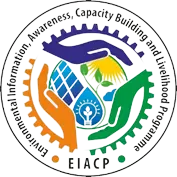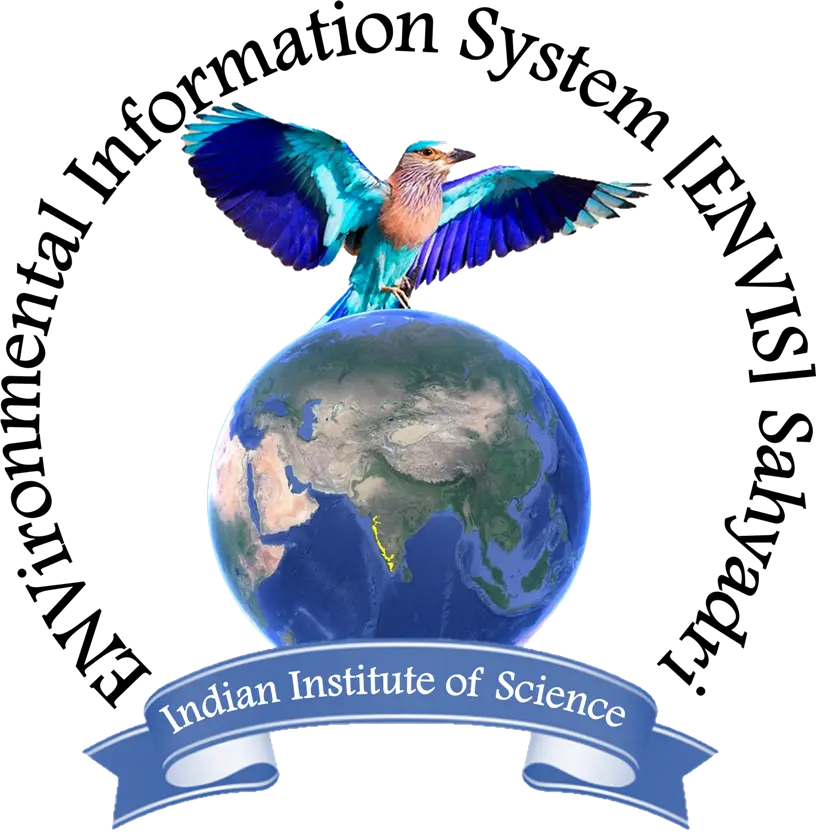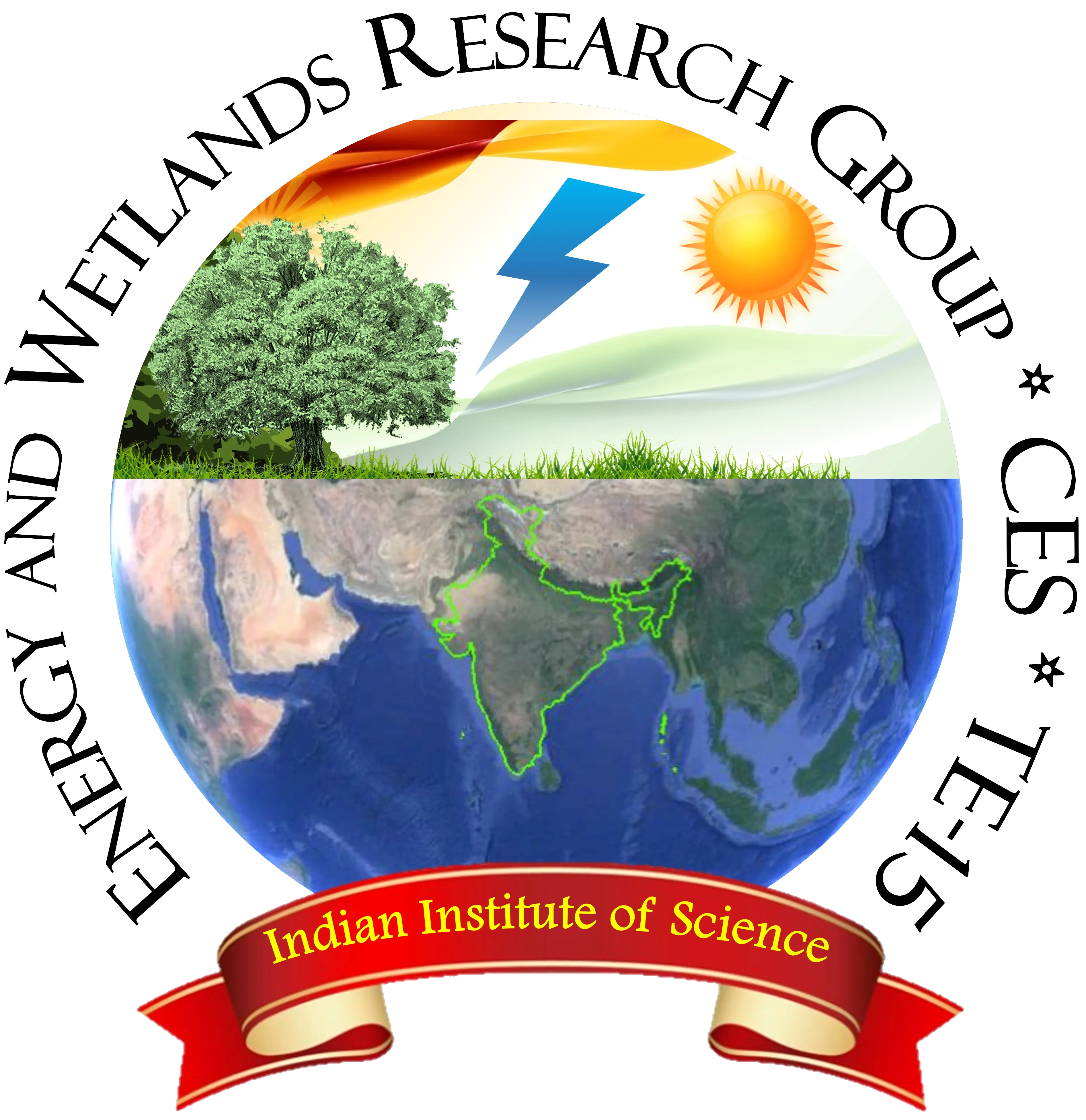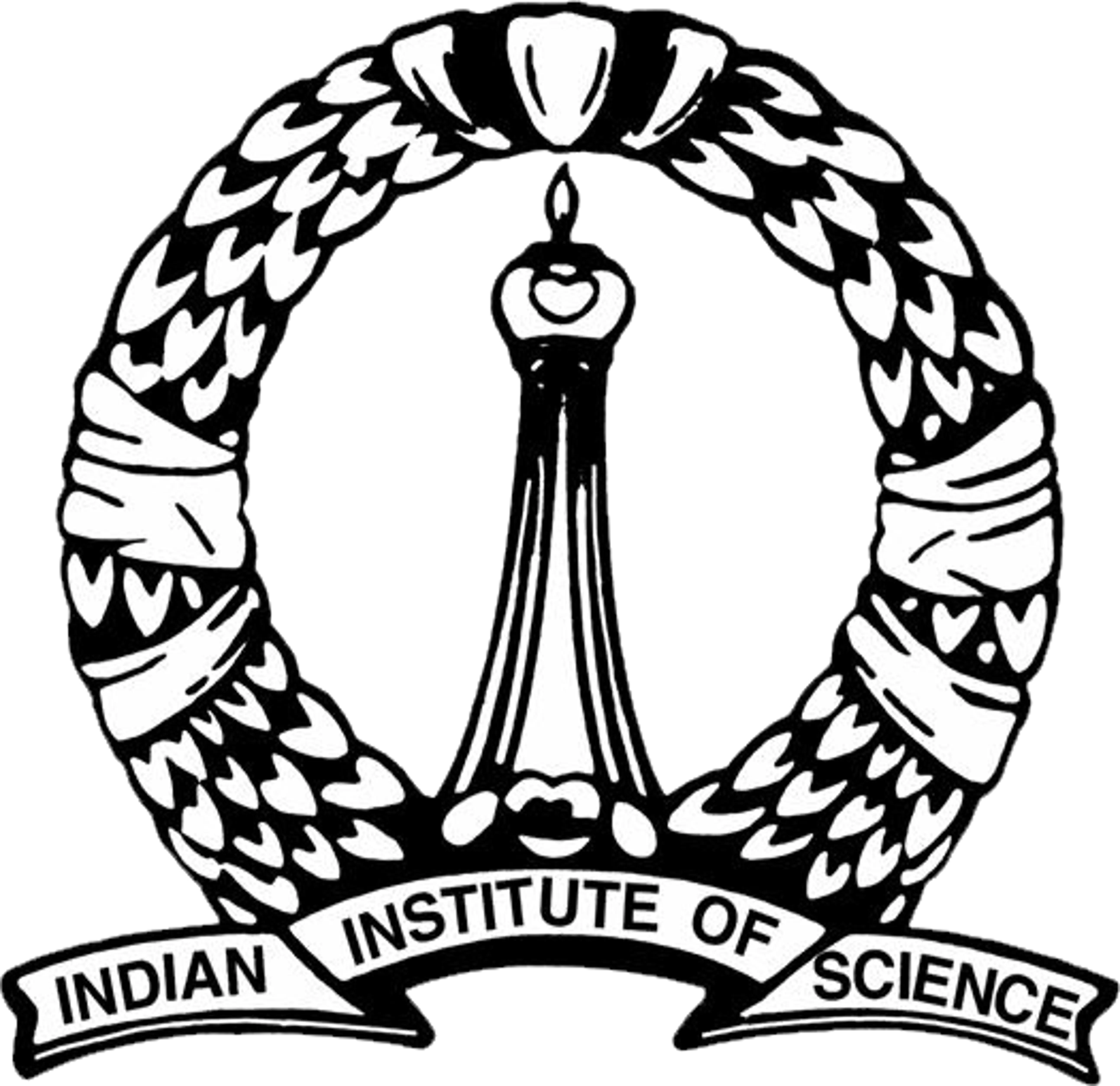Humans depend on ecosystems for their basic needs,
such as food, fuel, minerals, water, air, etc. All
forms of interaction between ecosystems and people,
including in situ and remote interactions, are often
referred to as ecosystem services. The supply of an
ecosystem service is associated with an ecosystem
structure or process or a combination of ecosystem
structures and processes that reflect the
biological, chemical, and physical interactions
among ecosystem components. Ecosystem services are
broadly categorized as (i) provisioning services are
those ecosystem services representing the
contributions to benefits that are extracted or
harvested from ecosystems, (ii) regulating and
maintenance services are those ecosystem services
resulting from the ability of ecosystems to regulate
biological processes and to influence climate,
hydrological and biochemical cycles, and thereby
maintain environmental conditions beneficial to
individuals and society, (iii) cultural services are
the experiential and intangible services related to
the perceived or actual qualities of ecosystems
whose existence and functioning contributes to a
range of cultural benefits.
India is attempting to accelerate economic growth
and relax environmental laws, and there is
tremendous pressure to divert natural systems to
other uses. Hence, there is a pressing need to
undertake the natural capital accounting and
valuation of the ecosystem services, especially
intangible benefits, provided by ecosystems. The
value of all ecosystem services, including the
degradation costs, needs to be understood for
developing appropriate policies for the conservation
and sustainable management of ecosystems. Scientific
efforts during the past decade have refined the
understanding of ecosystem function and demonstrated
the links between functions and the provision of
ecosystem services. This knowledge needs to be
communicated effectively to decision-makers and the
public, which will lead to the development of
policies that adequately consider the trade-offs
between the conservation of ecosystems and natural
resources and economic growth.
There is an urgent policy need for more
comprehensive assessments of the natural capital of
ecosystems, which will aid in comparing these
aggregate values with the opportunity cost of this
land. Policymakers need such information to gain
support for conservation funding, engage local
communities, and develop market-based instruments
for conservation, which necessitates accounting for
the natural capital found in ecosystems and
incorporating their economic worth added to the
measurement of the wealth of a region.
Ecosystem accounts make the value of ecosystem
services visible, allowing them to be internalized
into decision-making. Accounting of ecosystem
services enables an assessment of trade-offs between
economic development and environmental conservation
and restoration, resulting in better-informed
decisions. It also allows strengthening the economic
case for conserving forests in states in India and
developing countries where there can be tremendous
pressure to relax forest laws and divert forests to
non-forest uses without proper consideration of the
sustainability of such actions.
United Nations (UNSD and UNEP) developed the System
of Environmental-Economic Accounting (SEEA)
framework for natural capital accounting and
valuation of ecosystem services (NCAVES) by
integrating economic and environmental data and
provided a comprehensive and multipurpose view of
the interrelationships between the economy and the
environment and the stocks and changes in stocks of
environmental assets, as they bring benefits to
humanity. Karnataka state was chosen by UNSD
(SSFA/2019/1502), to pilot the compilation of
selected ecosystem accounts in physical and monetary
terms based on policy priorities and to contribute
to policy mainstreaming.
The research focussing on natural capital accounting
and valuation of ecosystem services was carried out
by the Energy and Wetlands Research Group at CES,
Indian Institute of Science, in collaboration with
the United Nations Environment Programme (UNEP),
United Nations Statistics Division (UNSD), the
Ministry of Statistics and Programme Implementation
(MoSP), Government of India and the ENVIS division,
The Ministry of Environment Forests and Climate
Change (MoEFCC), Government of India and Ranbir and
Chitra Gupta School of Infrastructure Design and
Management (RCG SIDM), Indian Institute of
Technology Kharagpur (IIT-KGP) as part of the
international, EU-funded Natural Capital Accounting
and Valuation of Ecosystem Services (NCAVES)
project.
This book describes the valuation of services of
ecosystems (forests, agriculture and aquatic) for
Karnataka State, India, as per the validated
statistical framework for natural capital accounting
– SEEA: System of Environmental-Economic
Accounting (SEEA.un.org). According to SEEA
protocol, ecosystem services are defined as the
contributions of ecosystems to the benefits that are
used in economic and other human activities. The
valuation of ecosystem services (VES) provides an
unbiased framework to value unaccounted ecosystem
benefits and helps in developing meaningful policy
interventions. The approach allows for adjusted
regional or national accounts which reflect the
output of ecosystem services as well as the
depletion of natural resources and the degradation
costs (externalized costs of the loss of ecosystem
services) of ecosystems in economic terms.
Appraisal of ecosystem services (ES) allows for
adjusted national accounts which reflect the output
of ecosystem services as well as the depletion of
natural resources and the degradation costs
(externalized costs of the loss of ecosystem
services) of ecosystems in economic terms, which
will help raise awareness and provide a quantitative
tool to evaluate the sustainability of policies
toward prudent management and conservation of
fragile livelihood supporting ecosystems. The
monetary valuation of ecosystem services can help in
building a better understanding of their influence
on well-being and can further facilitate
information-driven decisions and policy reforms that
align with the Sustainable Development Goals (SDGs)
through the wise use of natural resources. The
natural capital accounting research, involving the
quantification of services provided by ecosystems
(terrestrial and aquatic), and the insights of
economic values, would help in devising prudent
policies for ecosystem restoration, conservation,
and management. This will, in turn, aid in the
development of a region through the wise use of
natural resources to ensure sustainable development.
In this perspective, NACVES SDSS, focusing on the
natural capital accounting and valuation of
ecosystem services in Karnataka, India, will help
raise awareness and provide a quantitative tool to
evaluate the sustainability of policies.


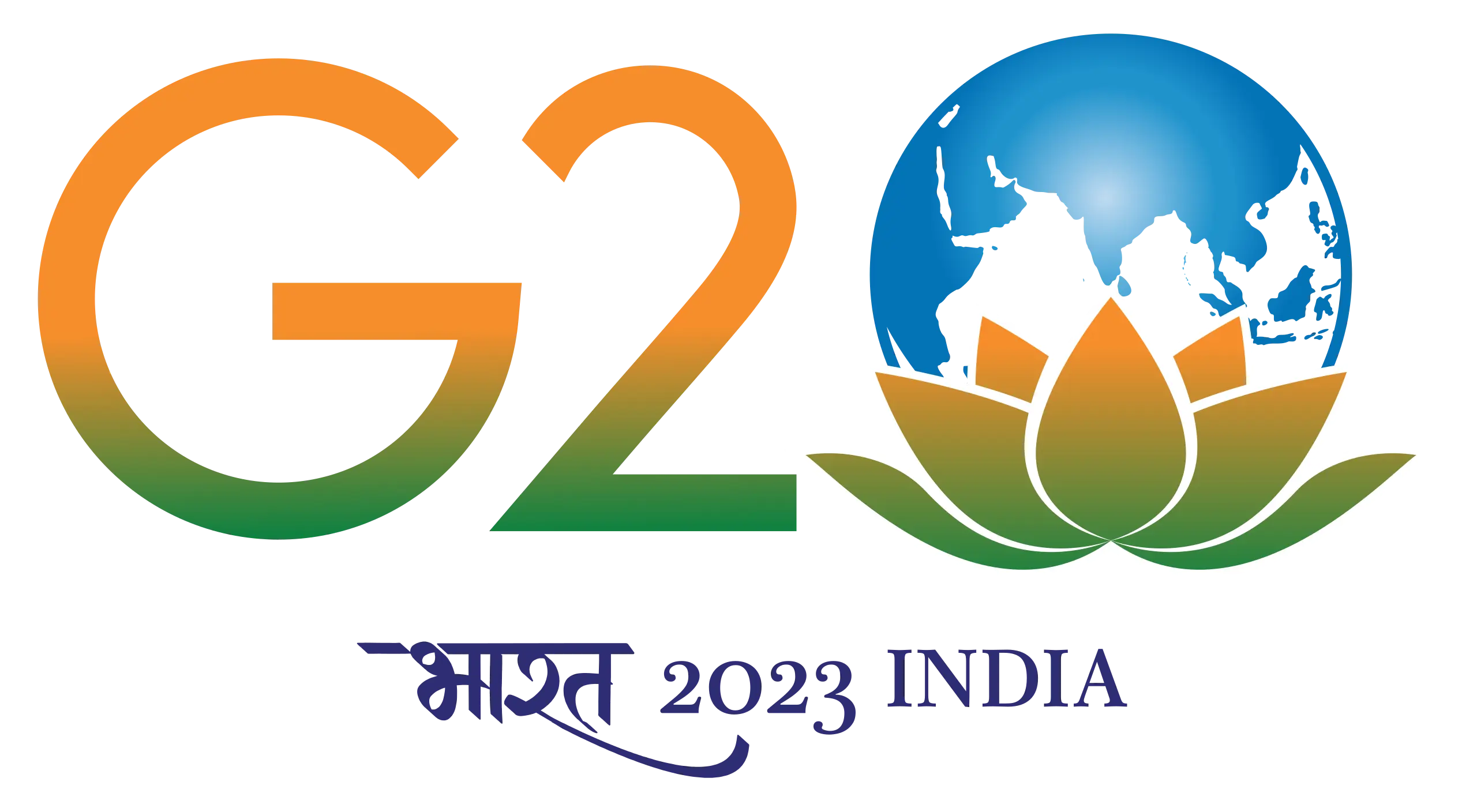
.webp)
